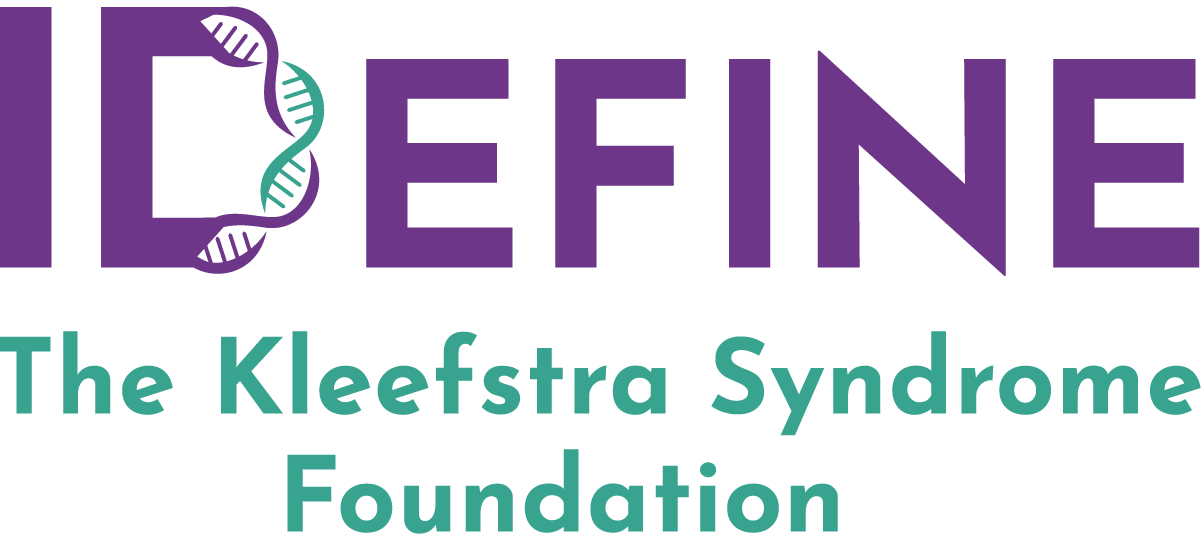CSO Corner Volume 3: Biorepositories

CSO Corner Volume 3:
Hello fellow members of our KS family!
For this newsletter, I’d like to talk about biorepositories for rare disease, what it is, and why it is so important. For purposes of this discussion, I’ll use banking of blood of those with Kleefstra Syndrome (KS) as an example.

One question that often arises in rare disease is how patients with a given condition differ from their peers. So if you want so find out the answer to this for KS, you could get a volunteer with KS to give blood and then see if anything in their blood is different from the blood of a control (for example an unaffected sibling). Simple right? Not so fast.
People will show all kinds of variation in all kinds of experimental measurements, simply because they are people. We are a very diverse species! So you wouldn’t know if the difference seen between this KS patient and his/her sibling is because of KS, or just chance variability. To establish that a difference seen in blood is really indicative of KS, you will need a large number of people with KS to all contribute blood, and then look for a difference that is consistently shared in them, when compared to controls. Now we’re talking1.
But wait, what should we measure? There isn’t a magic single experiment that will tell us everything we might want to know. In just one sample of blood, there are hundreds of things you can measure: metabolites, proteins, nucleic acids, the list goes on and on. And there are new technologies coming along all the time the let us measure new things (or things we already knew about, but with increased accuracy). For just one example of this, see Somalogic’s capability to measure protein levels. There are many others, and more to come that haven’t been invented yet.
So how do we future-proof our plan? That’s where the “repository” in biorepository comes into play. By collecting samples from many KS patients and storing them in a stable form, we are ready for whatever may come. Researchers who are interested in KS and want to do
experiments on blood samples can go to the repository, apply for access, and once granted, do experiments to learn more about the condition. Having a biorepository in place means KS is that much easier to study, and potentially to identify treatments for.
In this edition of the newsletter, there is more information on an opportunity we have to establish a KS biorepository, working with COMBINEDBrain. Please see that article below for more information, and be in touch if you would like to participate!
Until next time,
Eric Scheeff, PhD
IDefine Chief Scientific Officer
1There are of course statistics that are used to establish what counts as “different” between a patient and controls, but this is the concept in a nutshell.

